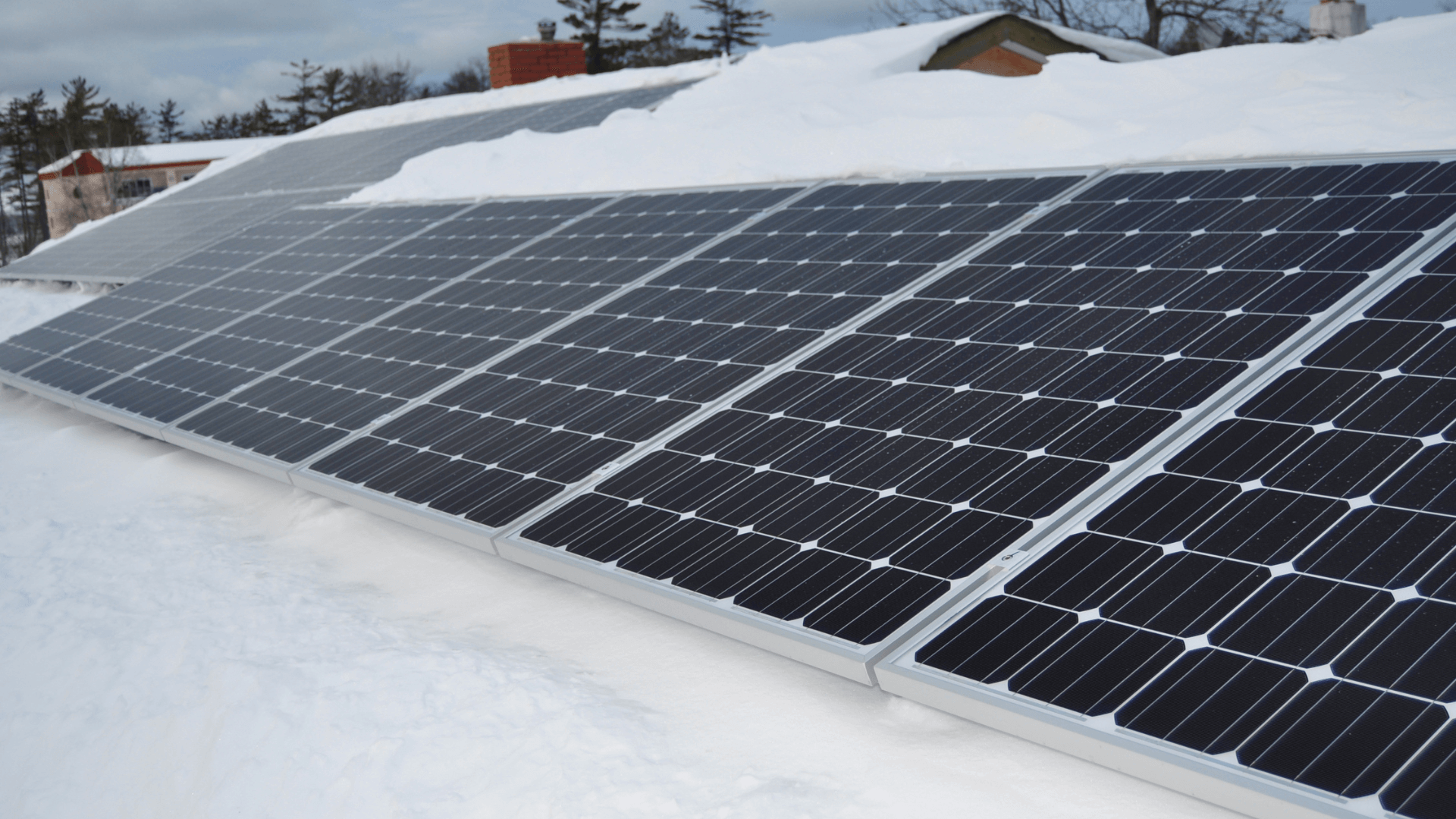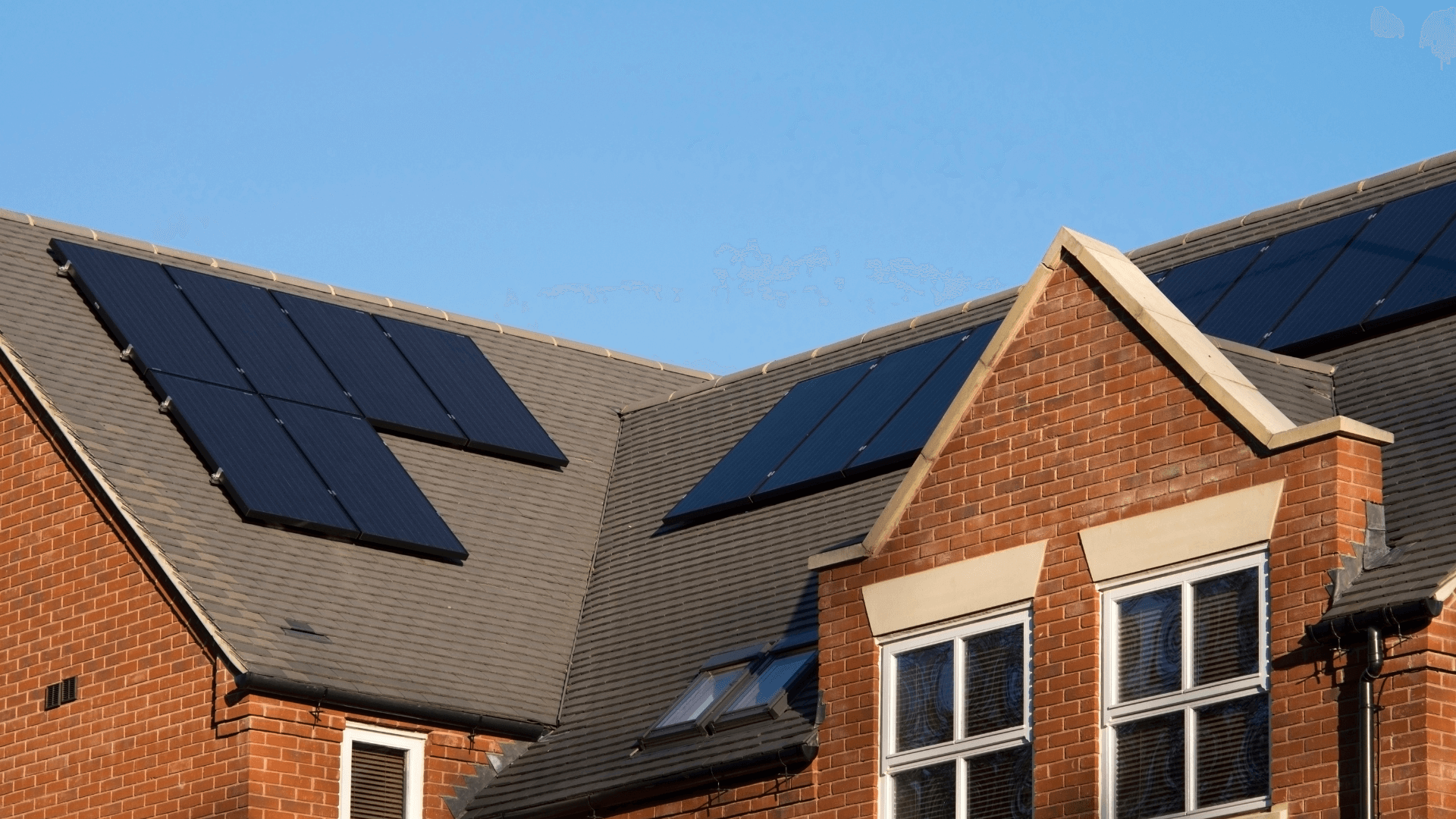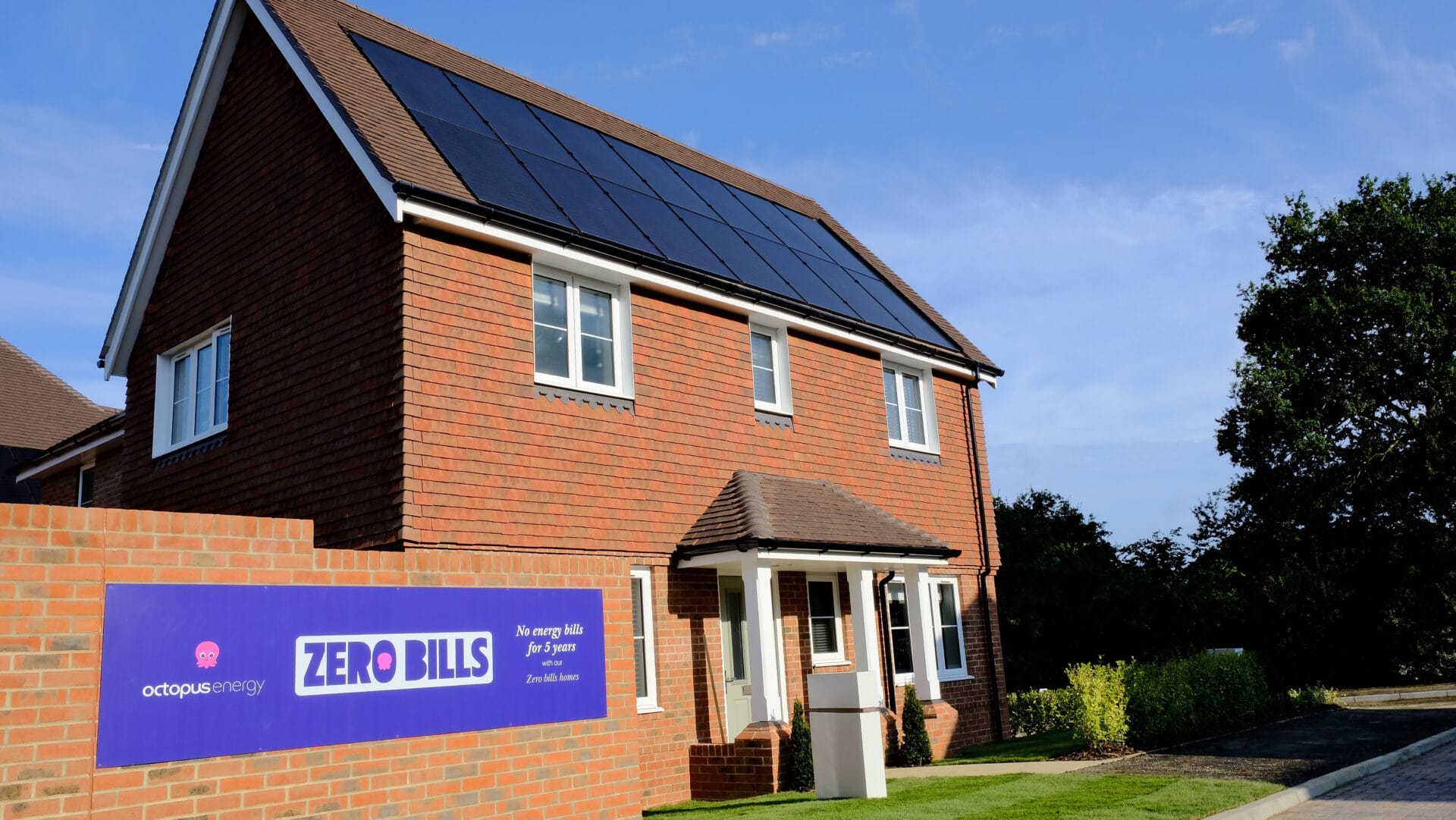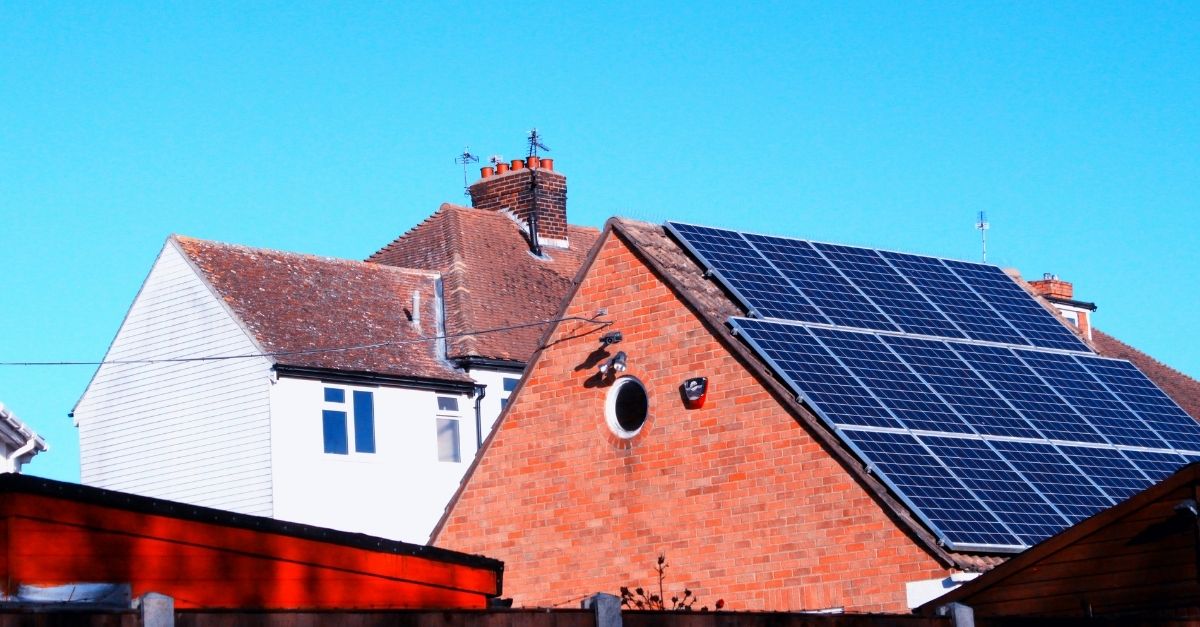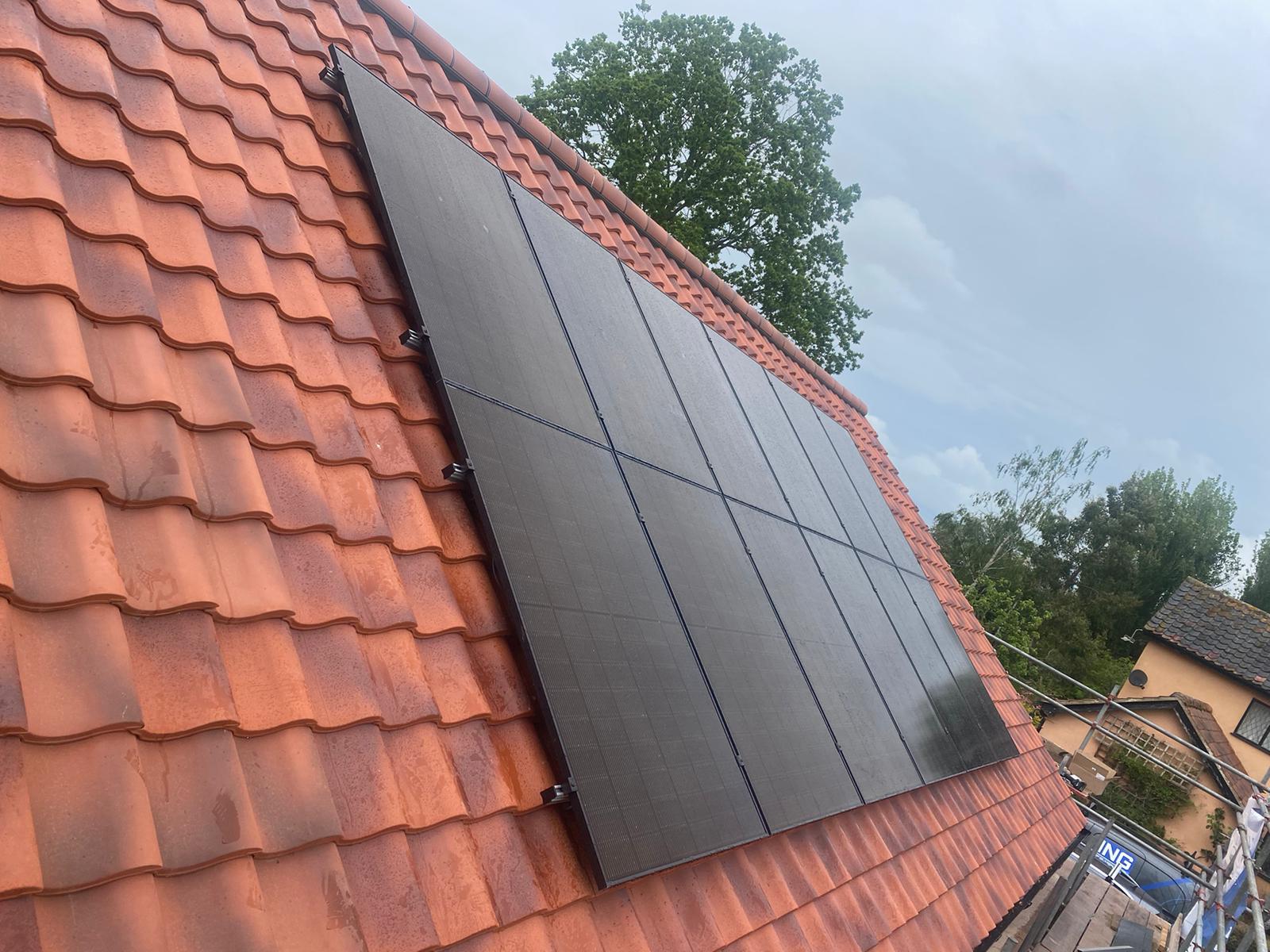
Making the switch to solar energy is a significant and environmentally conscious decision. However, navigating the myriad options when it comes to choosing the right solar panels for your home can be overwhelming. In this guide, we will break down the key factors to consider when selecting solar panels, to ensure you make an informed decision for your specific needs.
1. Understanding Solar Panel Efficiency
One of the primary factors to consider when choosing solar panels is their efficiency, which directly impacts how much electricity they can generate from sunlight. The efficiency of solar panels is usually represented as a percentage, indicating the amount of sunlight converted into electricity. According to the UK government’s official guidance on solar energy, higher-efficiency panels generally cost more but can be more space-efficient, making them suitable for homes with limited roof space. Lower-efficiency panels may be a cost-effective option for larger roof areas.
2. Types of Solar Panels
There are different types of solar panels available in the market, each with its own set of advantages and disadvantages. The two main types are monocrystalline and polycrystalline solar panels.
– Monocrystalline Solar Panels: These panels are known for their higher efficiency and sleek black appearance. The Energy Saving Trust notes that monocrystalline panels are often more space-efficient and perform better in low-light conditions, making them a suitable choice for homes with limited roof space or shaded areas.
– Polycrystalline Solar Panels: These panels are typically more affordable but come with slightly lower efficiency. The Carbon Trust suggests that polycrystalline panels may be a cost-effective solution for larger roof areas with ample sunlight.
3. Durability and Longevity
Investing in solar panels is a long-term commitment, so it’s crucial to consider their durability and lifespan. According to a report by the Solar Trade Association, high-quality solar panels can have a lifespan of 25 years or more. Checking the warranty provided by the manufacturer is essential, as it indicates the panel’s expected durability. Look for panels with warranties of at least 10 to 12 years for product defects and 25 years for performance guarantees.
4. Installation Requirements and Space Considerations
The installation process and space requirements for solar panels can vary depending on the type and efficiency of the panels chosen. The UK government’s guidance on installing solar panels emphasises the importance of assessing the available roof space, orientation, and shading to maximise the system’s efficiency. Additionally, the orientation of your roof (south-facing roofs generally receive more sunlight in the UK) and the roof pitch are crucial factors that can affect the overall performance of your solar panels.
5. Inverter Considerations
The inverter is a critical component of a solar panel system as it converts the DC (direct current) electricity generated by the panels into AC (alternating current) electricity usable in your home. The Energy Saving Trust recommends considering the type of inverter used in the system. String inverters are a cost-effective option, but if one panel in the string underperforms or is shaded, it can affect the efficiency of the entire string. Microinverters, on the other hand, are attached to individual panels, providing more flexibility and efficiency, especially in shaded conditions.
6. Reputable Solar Panel Brands
Choosing a reputable solar panel brand is crucial for ensuring the quality and reliability of your solar installation. The Solar Trade Association recommends researching and selecting panels from well-established manufacturers with a proven track record. Reading customer reviews and testimonials can provide valuable insights into the performance and satisfaction of others who have chosen the same installer.
Conclusion
In conclusion, choosing the right solar panels for your home involves careful consideration of factors such as efficiency, types of panels, durability, installation requirements, and reputable brands you can make an informed decision that aligns with your specific needs and contributes to a sustainable and energy-efficient future.

